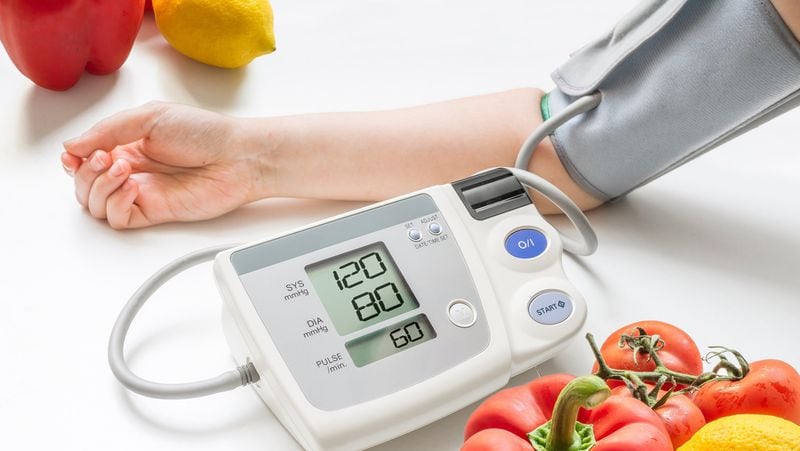If your blood pressure jumped upon hearing that heart experts tightened the threshold for high blood pressure, you're not alone.
For years, the condition was defined as having blood pressure of 140 over 90. The new threshold for "elevated blood pressure" is 120 over 80 – long the ideal for healthy adults – and high blood pressure is a reading above 130 over 80.
According to the new guidelines, developed by the American Heart Association and American College of Cardiology, nearly half of American adults now suffer from high blood pressure, an increase of 30 million people compared to the previous definition.
Often called the "silent killer," high blood pressure often doesn't make people feel ill until it's too late to prevent a heart attack, stroke or significant kidney damage. Heart disease is the leading cause of death among Americans, killing more than 633,000 people in 2017. Stroke and kidney disease are also in the top 10, killing a combined 190,000.
Scary stuff, indeed. That's why healthcare experts point to blood pressure as an important indicator of health and suggest that better awareness of the measure could drive down those death rates, saving lives and medical costs.
But what do all of those numbers really mean? What can you do to get within normal range? And when should you be concerned enough to call your doctor?
Consider these 5 points:
Understand what your blood pressure reading means: Your blood pressure is the force of blood pressing against your artery walls. The top number, or systolic pressure, is the force when your heart is beating. The bottom number, or diastolic pressure, is when your heart is at rest. Your blood pressure is in constant flux, but uncontrolled high pressure damages those blood vessels and puts you at risk for stroke and heart attacks. It can even cause severe kidney and eye problems.
Some factors in high blood pressure are out of your control: Blood pressure increases naturally as you age. Men have a higher risk for high blood pressure, while women's risk increases following menopause. African Americans are generally at higher risk. High blood pressure can also run in families.
Get the right diagnosis: Blood pressure literally changes every second. In the study that led to the new guidelines, blood pressure was taken as an average of three measurements during an office visit, with the patient seated alone for five minutes of quiet rest. That's not the typical patient experience, which is why you should expect your doctor to get at least two readings, on two separate occasions, before you can be diagnosed with elevated or high blood pressure.
Focus on what you can change: Patients in the study were already at increased risk of "cardiovascular events," with risk factors like those already mentioned, some of which can't be modified. But there are several lifestyle changes that can lower your blood pressure without medication. For instance, your heart has to pump harder – increasing your blood pressure – if you are overweight. Even a small drop on the scale can help. Quitting smoking can also make a big difference. Cutting back on salt and alcohol helps. Regular exercise makes your heart stronger, which means less effort to pump the same amount of blood. A lack of sleep and too much stress can affect your mood, making it harder to regulate your heart rate and blood pressure.
Talk to the experts: If managing your lifestyle risks doesn't put you back into the normal range, it's important to check with your doctor. It will take more than one visit for your physician to make a diagnosis. Once a healthcare professional confirms a problem, several medications can be used to help control blood pressure. You will require regular monitoring. Even if you're taking medication, lifestyle changes can help cut the dosage of medication and can, over time, eliminate the need for them altogether. Heart experts caution that care will be highly individualized, but you can use an online calculator developed by the study's guidelines committee to help you understand your own risk.
About the Author







